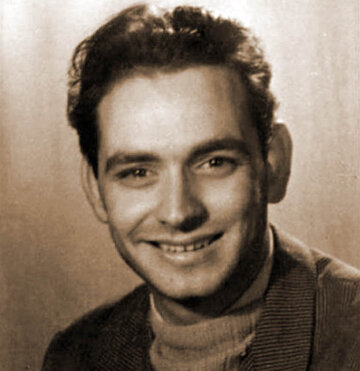If the memory is of a self feeling pain, it will need to be conscious, bc selves feeling pain only exist in consciousness.
Right. So there is no problem of mental causation or overdetermination.
The conscious experience itself, instantiated by physiological processes—being a representation of what’s happening in the world—won’t casually interact with the physiological processes; it’s instantiated by them however.
So we might ask, if we allow that some neural processes carry representational content: why do the representations instantiated by some neural processes have a “something it’s like” accompanying them?
Bc that’s the work the representation is there to do for the organism as a whole; to provide for the organism a simple story of what is happening:
Quantum fields comprised of trillions of rippling interactions becomes:
Im cooking dinner and touched the burner and it hurt like hell.
The reason those neural processes carry a “something it’s like” is bc that’s the representational work they’re doing.
From the outside it will look like physiological goings on, bc that’s what it is. But from “inside” the representation, it will feel like something. That’s “where” we—the conscious self—live.
When you intersperse the comments (as above) then a simple reply won't catch everything, so I have to copy and paste the entire text and then edit out the blank space or paragraph marks. My answers to this go round are marked with "*".
smcder said:Why does the memory have to be conscious?
If the memory is of a self feeling pain, it will need to be conscious, bc selves feeling pain only exist in consciousness.
Come on ... what I am asking is why is the "feel" necessary? Why isn't access consciousness enough?
smcder said:
so pain isn't pain neurons firing, it's consciousness constructing neurons firing afterward, that separation raises causality issues.
smcder said:
So, not causal but a representational necessity.
smcder said:
this statement and the claim that consciousness isn't objective, means consciousness isn't causal - it's an accompaniment
Right. So there is no problem of mental causation or overdetermination.
The conscious experience itself, instantiated by physiological processes—being a representation of what’s happening in the world—won’t casually interact with the physiological processes; it’s instantiated by them however.
So we might ask, if we allow that some neural processes carry representational content: why do the representations instantiated by some neural processes have a “something it’s like” accompanying them?
Bc that’s the work the representation is there to do for the organism as a whole; to provide for the organism a simple story of what is happening:
Quantum fields comprised of trillions of rippling interactions becomes:
Im cooking dinner and touched the burner and it hurt like hell.
The reason those neural processes carry a “something it’s like” is bc that’s the representational work they’re doing.
From the outside it will look like physiological goings on, bc that’s what it is. But from “inside” the representation, it will feel like something. That’s “where” we—the conscious self—live.
*You write:
The conscious experience itself, instantiated by physiological processes—being a representation of what’s happening in the world—won’t casually interact with the physiological processes; it’s instantiated by them however.
So we might ask, if we allow that some neural processes carry representational content: why do the representations instantiated by some neural processes have a “something it’s like” accompanying them?
Bc that’s the work the representation is there to do for the organism as a whole; to provide for the organism a simple story of what is happening:
* But the simple story of what is happening doesn't causally interact with the physiological processes, so the organism gets a simple story of what is happening while the physiological processes are doing all the work. So what is the consequence if the simple story is missing? On this account, none. The simple story itself - the "feeling" has to matter - it has to matter that you
felt the pain, not just that you got the story. I'll post two things from Humphrey's paper (above) below to show this.
Also, it may be true (seems reasonable) that phenomenal consciousness is a simpler story, but you can't simply proclaim it - you have to show that "something it is like" conveys a
simpler story, conveys it with less biological cost than access consciousness alone and that the feel has to be there. Or, maybe it just comes along for the ride as a consequence of ..., and so you could try to show how that would work biologically, that would be a kind of necessity.


